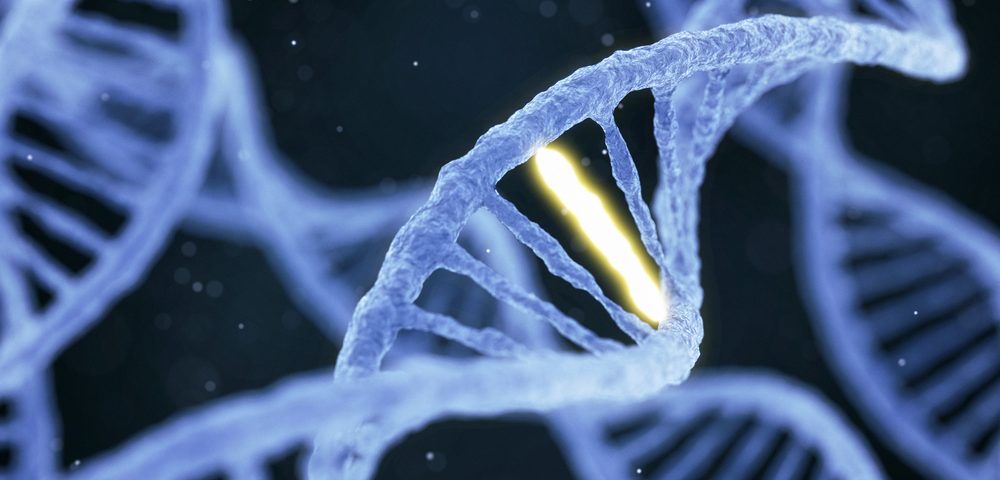Researchers have identified dozens of new genes associated with resistance to anti-cancer immunotherapies, shedding light on ways to overcome such resistance.
The study, “Identification of essential genes for cancer immunotherapy,” appeared in the journal Nature.
“We cast a wide, deep net and conducted an unbiased survey of all of the 19,000 genes in the cancer’s genome – not just the genes that are known to be involved in creating immunotherapy-resistant tumors,” Nicholas P. Restifo, MD, said in a press release. Restifo is the study’s senior author and a senior investigator at the National Cancer Institute, in Bethesda, Maryland. “The big surprise was that we found many new genes that we never suspected could potentially be involved in preventing the immune system from killing cancer cells,” he said.
The scientists developed a variation of the gene-editing technique CRISPR-Cas9, which enables targeted alteration of DNA sequences and modification of gene function. The new use of the technique (2CT CRISPR) evaluates how mutations in one cell affect the interaction between two types of cells.
The researchers induced mutations in human melanoma cells, mimicking what happens in the resistance to T-cell-based immunotherapy. The scientists applied CD8-positive T-cells (which participate in tumor surveillance and kill malignant cells by diverse mechanisms) and tested the cells’ resistance. This method allowed for the identification mutations that diminish the effectiveness of T-cells and result in tumors resistant to immunotherapy.
“We were very encouraged by the hits from the 2CT CRISPR screen in pinpointing which genes are involved in immunotherapy resistance, as well as revealing so many novel genes,” said Neville Sanjana, PhD, the study’s co-first author.
“For example, the top two hits — HLA and B2M — form a complex that is required for antigen [a substance that triggers an immune response] presentation and thus required for the T-cells to see and attack the cancer,” said Sanjana, who is a core faculty member at the New York Genome Center and an assistant professor of Biology at NYU.
The researchers observed that their findings could serve as a blueprint to assess the emergence of tumor resistance and potentially help develop more effective immunotherapy treatments.
One of the genes that did not have an established role in cancer immunotherapy was the APLNR gene. The study demonstrated for the first time that APLNR is connected to an important molecular pathway in immune response, called JAK-STAT.
Furthermore, the research shows that deficits in APLNR in mouse models of cancer lead to poor prognosis and impair treatment through immunotherapy.


